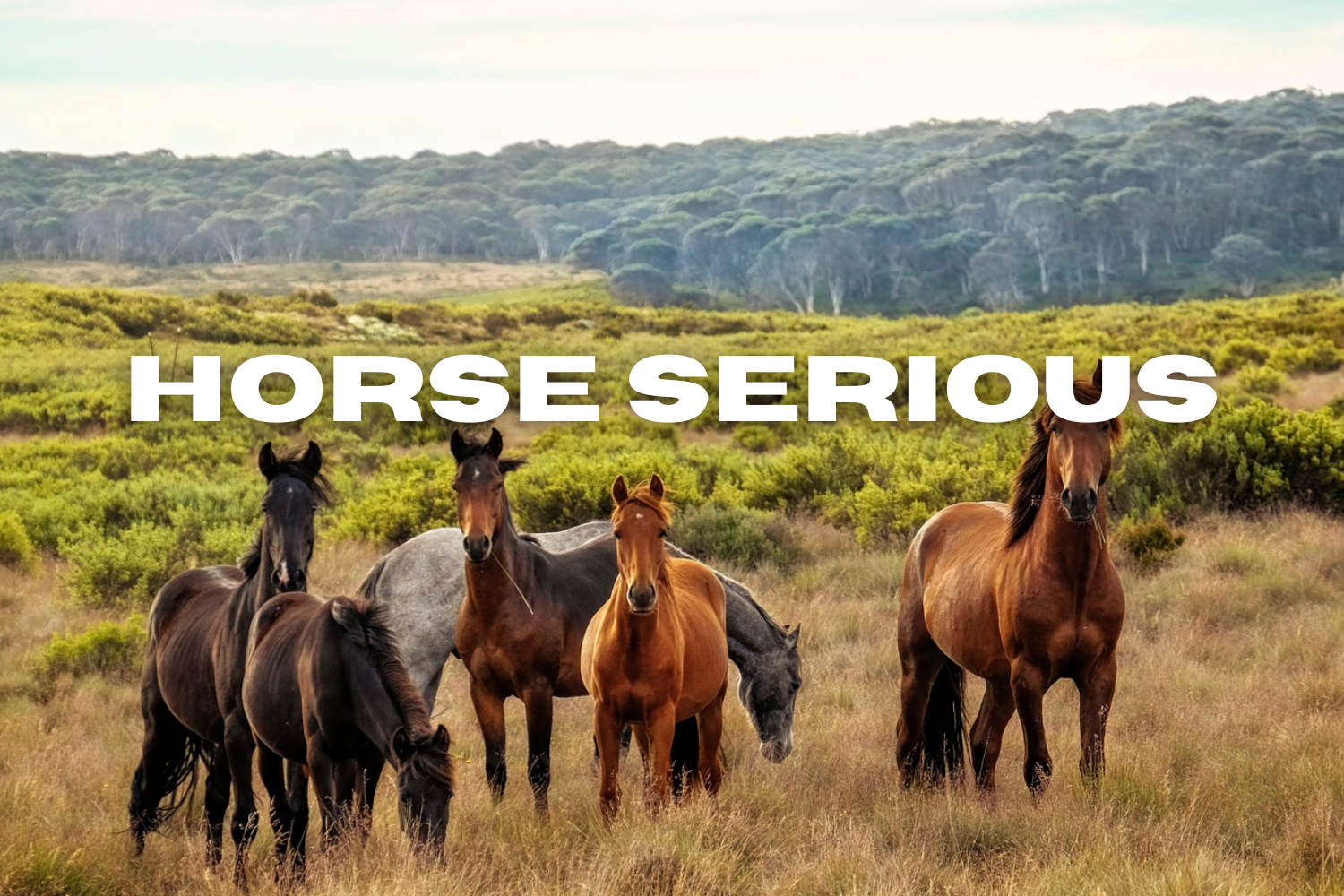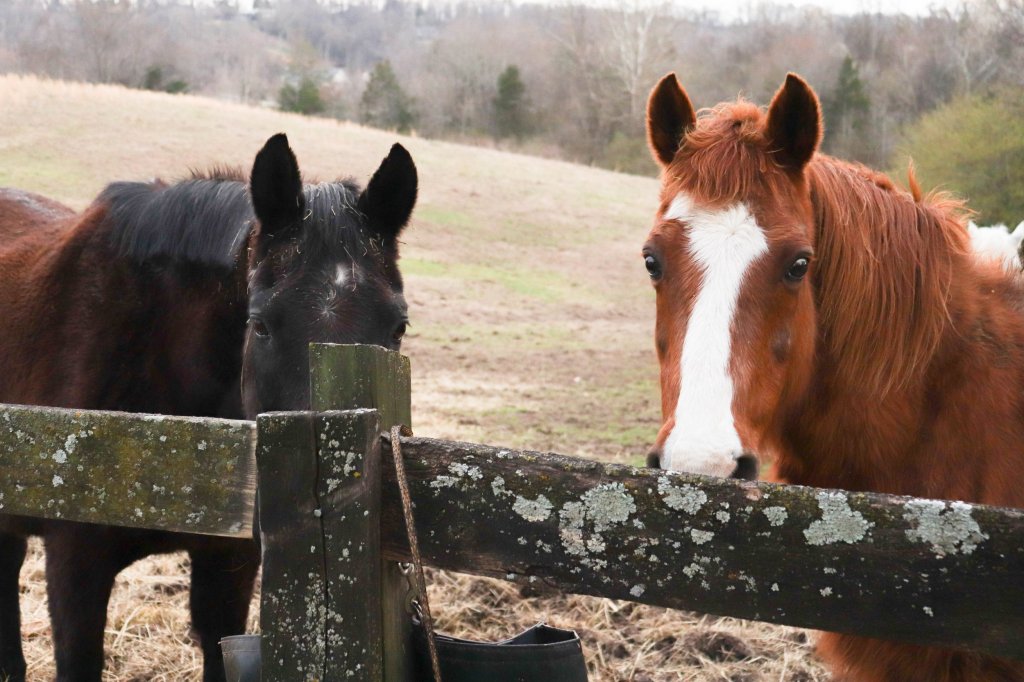Just like humans, horses are living longer. With advances in nutrition, veterinary care, and farm management, we get to spend more time with our beloved equines. However, determining when your horse is of senior status depends on their individual needs and their aging process.
Instead of relying on an arbitrary timetable that determines a horse’s life stage, like considering a horse to be senior at the age of 15, vets are now saying we need to watch for signs of aging. Once your horse is noticeably no longer flourishing off the diet they’ve been on throughout their adult life, is when an equine may have reached his senior age. The longer lifespans indicate that the age that a horse would need to switch to a senior diet varies.
The same works with their athletic and reproductive careers. Their nutrition needs to be handled case by case. If you aren’t sure what your horse’s age status is, look for common indications that might show that they are ready for senior feed:
-
Changes in eating behavior, like a loss of appetite.
-
Lower immune function; frequent illness or wounds that have difficulty healing.
-
Decreased body weight.
-
A decline in energy and mobility.
-
Difficulty chewing.
-
Changes in body musculature; atrophied muscles.
https://pagead2.googlesyndication.com/pagead/js/adsbygoogle.js?client=ca-pub-3762802995754264
(adsbygoogle = window.adsbygoogle || []).push({});
Nutrition Tips For Older Horses
-
Understanding Inflammation
Immune functions decline with age, it happens in most animals. With older horses, immunosenescence (declining immune function) weakens immunity and results in a decrease in antibody responses. The body’s aging process also increases the production of inflammatory cytokines (chemical messenger proteins). This then results in older horses having body-wide inflammation, called inflamm-aging.
Inflamm-aging is chronic inflammation. Not all horses get this, or at least not as quickly as some. The overall goal with your horse’s feed and nutrition is to support its aging immune system.
-
Think About Dental
Weight loss, lack of energy, and quidding can mean issues with your horse’s dental health. As horses age, they have a tougher time chewing long-stemmed hay. However, they still need nutrients from forage-based diets. Some owners, have to get creative, like soaking hay pellets or cubes, soaking beet pulp, or other senior feeds.
Be sure to schedule annual or bi-annual exams for your horse’s oral health. This will help you identify any problems or irregularities before they become much larger problems.
-
Reduce Sugar Intake for Horses With Insulin Dysregulation
A common recommendation for horses with insulin dysregulation like IR or EMS is to restrict their intake of nonstructural carbohydrates (NSC). Too many NSCs can lead to harmful insulin spikes in the bloodstream. These can contribute to IR and can cause your horse to go into a laminitic episode.
There are options for feeds that are low in starch for horses that have been diagnosed or are prone to IR. Also, obesity is one of the leading causes of metabolic disorders, and owners of overweight horses should speak with a veterinarian who can help them come up with a lower-calorie diet.
-
The Value of Pro & Prebiotics
Just like us, horses of all ages can benefit from probiotics and prebiotics. We depend on a strong microbiome to keep our digestive tract healthy and so do our horses. They help gut health and also our immune function as well as metabolism in older horses.
https://pagead2.googlesyndication.com/pagead/js/adsbygoogle.js?client=ca-pub-3762802995754264
(adsbygoogle = window.adsbygoogle || []).push({});

